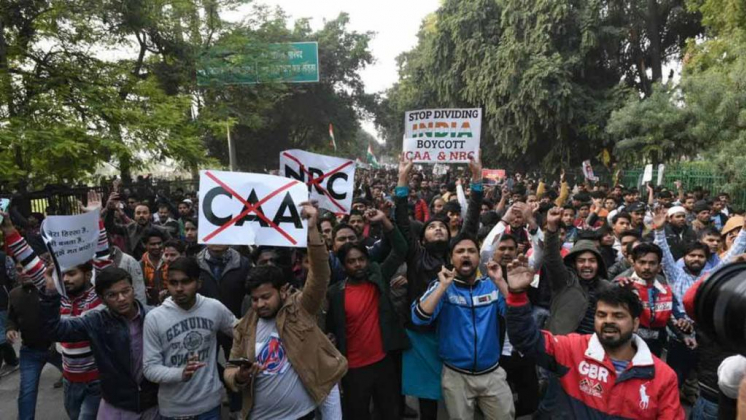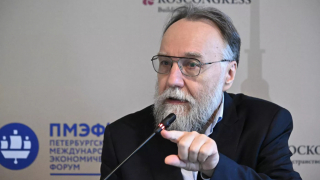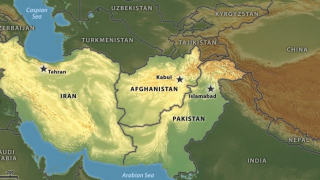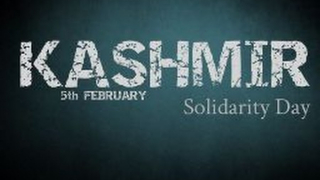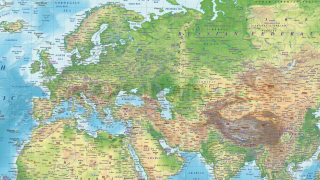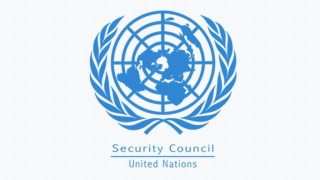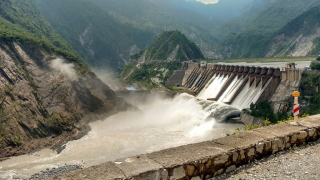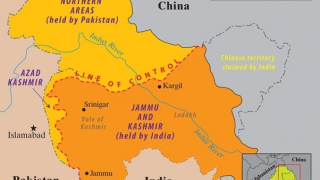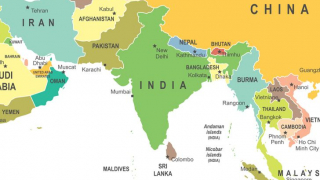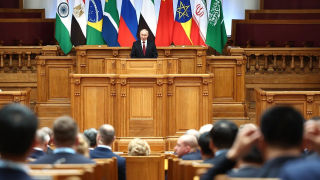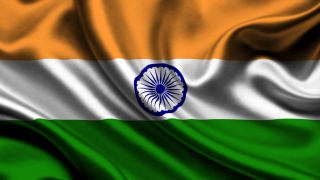UNHRC’s Concerns about Indian Citizenship Law
20.03.2020
The Indian legal system has introduced an unprecedented law in preceding year. The bill is known as Citizenship Amendment Act (CAA) 2019. It has incorporated clauses which violates the very spirit of Indian Constitution as well as international norms. The act has been seen as unconstitutional because it violates the fundamental rights enshrined in the Constitution. The several International Covenants International Covenant on Civil and Political Rights (ICCPR), International Covenant on Economic, Social, and Cultural Rights, Rights of Child, Discrimination against women, and Universal Declaration of Human Rights. The Indian legal fraternity has embarked on unaccomplished legislationof previous regimes with farce legal justifications.
Recently, United Nation Human Rights Commissioner (UNHRC) has decided to file a petition against CAA in Indian Supreme Court. The Human Rights Council is basically an intergovernmental body to preserve and strengthen the protection of human rights within the ambit international system. The Council is led by Michelle Bachelet. It aimed at human rights abuses across the globe. After the incorporation of CAA, the Council stated that discrimination against a particular community is violation of human rights. After long deliberations, the Council decided to take on CAA within the legal framework of International Covenants. It stated that while reducing the risk of refoulement for certain communities, the CAA unequally places other communities at such risk.
Accordingly, the narrow scope of the CAA, which extends protection from return only on religious grounds and limited to the specific ethno-religious groups, may not be sufficiently objective and reasonable in the light of the broad prohibition of refoulement under international human rights law.Here lies the question of legitimacy of Council’s intervention. In response to petition, Indian Ministry of External Affairs said, “CAA is an internal matter of India and we are clear that it is constitutionally valid and complies with all requirements of our constitutional values. It is reflective ofour long standing commitment in respect of human rights issues arising from the tragedy of the partition of India”. The Council’s locus standi could be extended through Deb Mukherjivs Union of India case as being third party to the petition. On this note, Council prerogative of calling in the General Assembly to bend uneven legislation must be exercise in the wake of ongoing refugee crisis from Middle East to Europe. As any such legislation in Europe can invoke humanitarian crisis at global scale.
During the civil rights movement in America,great leader Martin Luther King once quoted St. Augustine a standard legal maxim, “Lexiniusta non estlex”. It said an unjust law is no law at all. It is the moral duty of international community to encounter unjust laws because such law endangered the existence of human beings. The immoral nature of such laws repeats the Holocaust like episodes. Such laws abstain from objective and rational approach towards the citizens by any state. Unfortunately, India is setting precedent for legitimate persecution of a particular class, mainly Muslim to extend the agenda of Saffron Revolutionaries. The land of Ghandi has set the stage for real life version of extended Apartheid in contemporary era.
It is pertinent to mention here that the intervention of global body in challenging the discriminate law CAA in Indian Supreme Court proved the concerns of Hindu radicalism right to some extent. The other global bodies on Human Rights needs to follow suit to discourage Indian nationalist designs. The reports of calculated Muslim massacre in Indian are being proved and this time by other international Human Rights bodies. The calculated massacre of Muslims came at a time when American President Donald Trump was visiting India. By attacking the Muslims in Northeastern Delhi, Modi government gave a message of Hindu superiority and step forward toward Hindutva ideology.Unfortunately, President Trump didn’t mention anything about the planned riots, which were taking place just a few miles away from him. Around 50 people, most Muslims, were killed in the Delhi riots and Hindu fanatics vandalized properties of Muslims. There are videos available online in which Hindu nationalists are heard saying “India is for Hindus”.
This is the right time for international bodies on Human rights to revisit their strategy about the gross human rights violations. They need to redevise their strategy about the norms of violators of international laws. They should move forward and pressurize and put trade embargos on India over its discriminately behavior against Muslims and other minorities like Dalat (people of lower caste). Otherwise, it will strengthen Indian government’s anti-Muslims policies.

